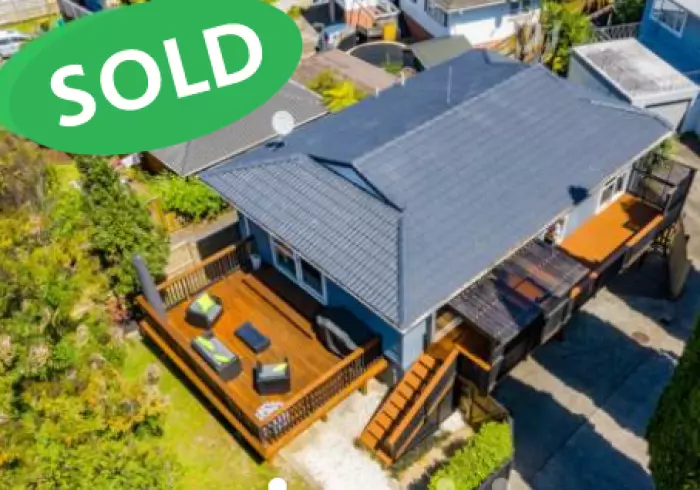A post lockdown spending bounce and talking up the market will not prevent an inevitable downward trend to house prices, which look set for a 12 percent hit across the board this year, ANZ Bank economists say.
In its latest property focus, the bank's economists say the period ahead is when “people on the street will feel the recession in lasting ways" on the back of rising unemployment and cautious business sentiment.
The ANZ forecast represents a modest improvement on last month's expectations for a 13.5 percent drop, linked to an 8-to-10 percent contraction in gross domestic product.
“Although low interest rates will cushion the economic blow to some extent, weaker incomes and reduced job security will weigh on the housing market,” the report said.
The shortage of housing will also likely abate, particularly in tourist regions where there's less demand for short-term accommodation.
Senior economist Liz Kendall said that while there have been reports of busy open homes and strong buyer demand, these were for listings that were deferred by the lockdown.
“Tightness in the market has abated. This slackening and an end to the post-lockdown flurry should see more downward pressure on prices emerge in coming months, especially as the economy settles at a weaker trend after the post-lockdown bounce,” she said.
Kendall said wage subsidies and other fiscal policy measures are “masking and deferring the impact, and more job losses are on the way.
“Firms' profits are expected to be lower, especially in hard-hit sectors like tourism and hospitality, and some will shut up shop.”
Job losses
ANZ's economists expect unemployment to peak at 10 percent in the September quarter, compared to the 4 percent rate before the pandemic.
Lost income, weak demand for exports, primary sector challenges and persistent impacts on industries including tourism will all create an “economic hole.”
Kendall said those whose jobs have been lost or whose incomes have taken a hit will get a small reprieve via lower interest rates, “but it’s only a partial offset to a much bigger income shock and some will still find themselves in a position where they can no longer afford to service their debt.”
ANZ said the housing shortage picture – estimated at between 50,000 and 100,000 pre-covid - is likely to change as migration-led population growth slows and as the supply of available houses increases in the short term.
It also estimates that the reduction in tourism-related demand for accommodation will also reduce the need for houses as short-term rentals, many of which will move into longer-term rentals or be sold.
The ANZ economics team found the housing shortage could potentially fall by between 35,000 and 40,000 by the end of 2022, on the basis of net migration, slower new building and a small decline in household size as house prices and rents fall.
This could be tempered by the fact that young people tend to bear the brunt of unemployment increases and are usually more willing to live in larger households if necessary, the bank said.
Regional impacts
The report noted that with job losses and increased supply of short-term rental properties, regions with the most per-capita exposure to tourism, migration and high rates of building will be hit the hardest.
Supporting that, since March house price falls have been the most pronounced in Otago, down 3.3 percent, Manawatu-Whanganui, down 2 percent and Auckland, off 1.7 percent.
On a vulnerability rating, Queenstown-Lakes, Tauranga City and Thames-Coromandel are the most at risk of price shocks with Wairoa, Tararua and the Chatham Islands at the other end of the scale.
CoreLogic senior property economist Kelvin Davis said those regional effects were hitting first-home buyers, who accounted for 23 percent of the market, the lowest level in about two years. Davis said that indicated emerging affordability pressures for “would-be” buyers.
“At a more granular level, most of the main centres have mirrored the NZ picture, although wider Wellington city continues to see a high market share for first-home buyers."
He said that in Dunedin, first-home buyers could “well be starting to struggle” with the previous rapid gains in prices, while mortgaged investors have seen their market share grow strongly over the past few months.














